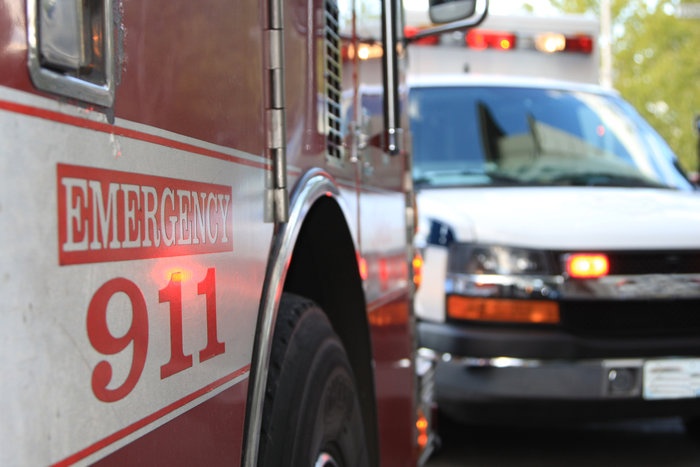
Today’s mobile medicine comes in many forms. Traditional EMS units make up the bulk of this realm, but now there are numerous specialized transport services that add to the number of patients being treated out of hospital.
Most large hospitals now have their own helicopter fleet for scene and interhospital transports. Helicopters not only provide the advantage of speedy transport, but usually offer advanced care to patients in the field. Medics, nurses, respiratory therapists, and even physicians make up many of the flight crews across the country, providing cutting-edge medicine beyond the hospital walls.
Many hospitals host their own interfacility transport services. These mobile units provide transport between hospitals, from home to hospital, or from specialized care facilities, like rehab or nursing homes. Many provide critical care and can accommodate critical patients and their associated medical paraphernalia, serving as mobile, temporary intensive care units.
Although mobile medical services come in many forms, they all have one thing in common: the need for reliable portable suction.
Common Goals
Many units contain mounted wall suction, which is ideal during transport. But the patient must be managed at the scene and eventually, moved from the unit to the hospital, and for those patients requiring frequent suction, a portable unit is a necessity.
The units must be small enough to fit in the confined space of a unit (especially the tight confines of a helicopter), while being powerful enough to provide effective suction. They must also be durable, and resistant to extreme weather, depending on where the patient originates. A rugged exterior, combined with advanced technology for precise control, is a must in a portable suction unit, making it a valuable tool for mobile medical services.
Power is also important. A good portable suction unit will have battery options that meet the needs of the service. For long-distance transports, or delayed on-scene times, extended life may supersede size, and a service may opt for a larger unit or one that provides alternative power options.
The type of mobile medical service will determine the best choice for portable suction. But every service will require units that are powerful, reliable, and functional.














